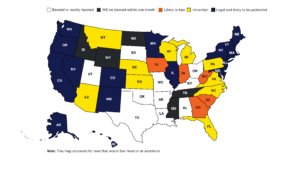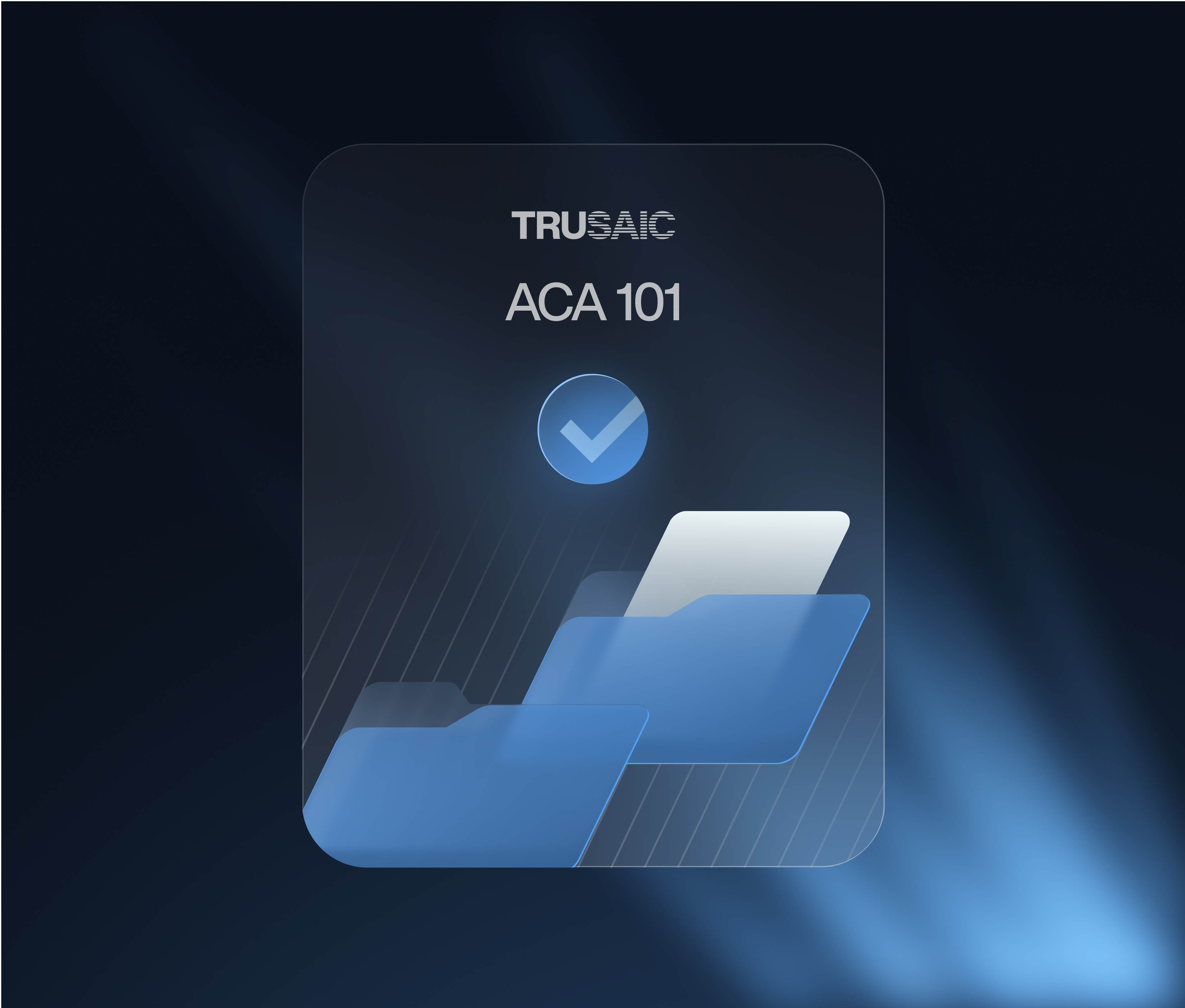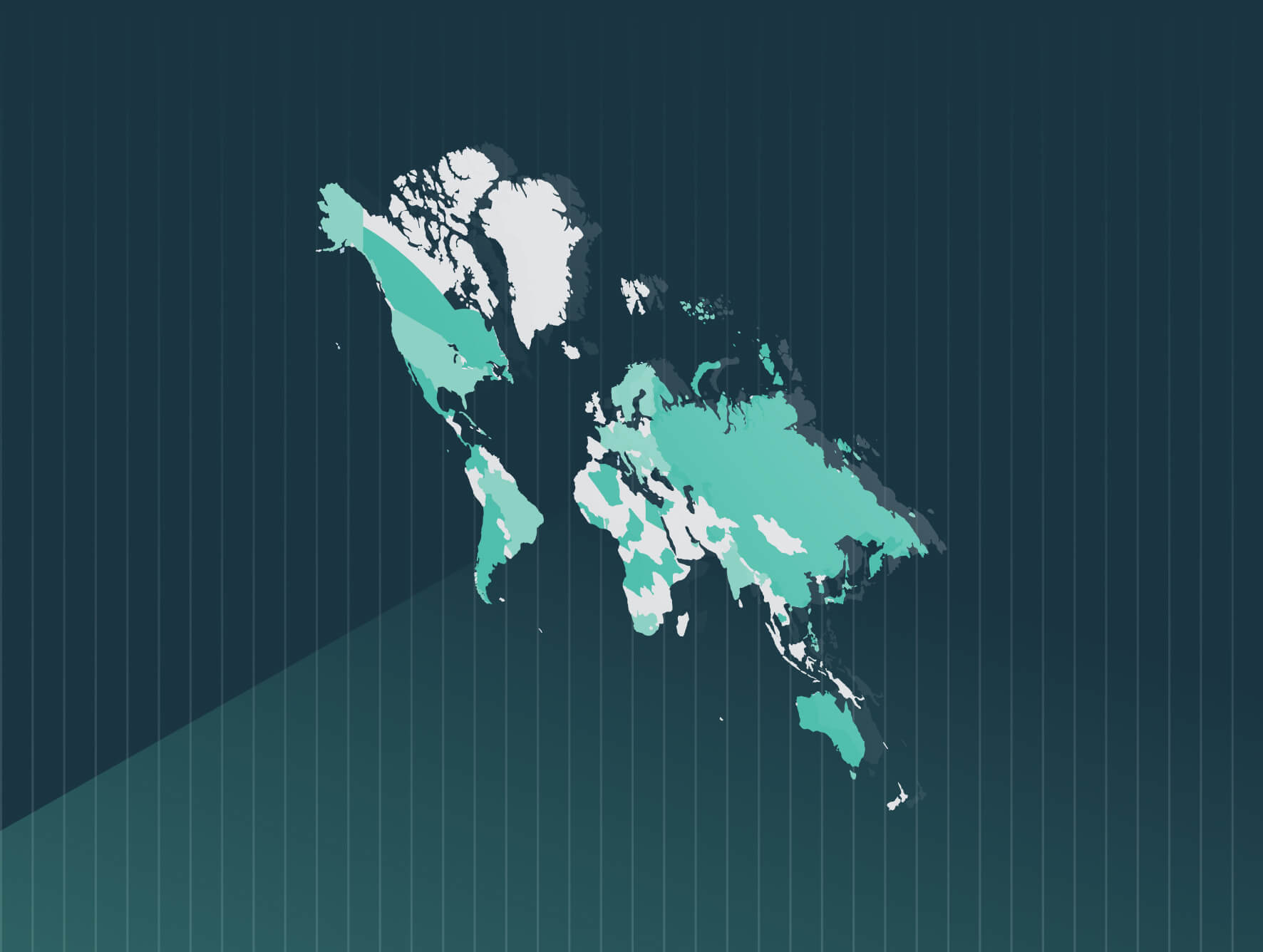On Friday, June 24, the Supreme Court of the United States (SCOTUS) overturned the landmark Roe v. Wade case, signifying a major loss of equality for our country.
The 5-4 ruling to reverse Roe ended 50 years’ worth of constitutional protections for abortion rights in the U.S. Now, the ability to allow or ban abortion will be left entirely up to individual states.
It’s important to note that the case of 1973 did not grant absolute use of abortion, but rather gave states the ability to regulate it during a woman’s second and third trimester of her pregnancy. All abortions during the first trimester were legal.
The historical SCOTUS decision to overturn Roe was sparked by the Mississippi Dobbs v. Jackson Women’s Health Organization case, an argument that challenged Mississippi’s Gestational Age Act, which outlaws abortions after 15 weeks of pregnancy, with few exceptions. The SCOTUS voted 6-3 to uphold the Mississippi law.
Justice Samuel Alito penned the majority opinion, which said, “The Constitution makes no reference to abortion, and no such right is implicitly protected by any constitutional provision, including the one on which the defenders of Roe and Casey now chiefly rely — the Due Process Clause of the Fourteenth Amendment.”
Shortly after the Court’s announcement, an uproar of debate followed across the country and around the world. President Biden urged Americans to respond peacefully and not act out in violence.
He also encouraged citizens to hit the polls this November to help elect members of congress who will uphold women’s rights. “The only way we can secure women’s right to choose and the balance that existed is for Congress to restore the protections of Roe v. Wade as federal law,” Biden said. “This fall, Roe is on the ballot.”
What does this mean for abortion in the U.S.?
There is no debating the divisiveness of the SCOTUS decision, but, the unfortunate reality is that the consequences of the overturning are immediate and real.
A total of 13 U.S.states, including Texas, Utah, and Mississippi, have trigger bans in place. Many of these states’ anti-abortion laws took effect as soon as the SCOTUS announced its decision, though some will take up to 30 days. Another handful of states, including West Virginia and South Carolina, are likely to enact a ban in the near future.
States like Georgia do not currently have trigger laws in place but are expected to reinstate pre-Roe laws or new legislation in the near term. In the past, local courts blocked these states from passing total abortion bans, and now that Roe has been overturned, they will likely resurface.
Whether the handful of wildcard states, such as Arizona and Florida, will pass anti-abortion laws at this time remains unclear. The future of pregnancy termination in these jurisdictions will largely come down to the elected officials following the upcoming midterms.
Only 20 U.S. states, including Washington D.C., currently have some form of protection in place for abortion. These states are likely to uphold their legal framework.
For a complete understanding of abortion laws across the U.S., view the map below:

Source: The Washington Post. Please note the visual representation above is reflective as of June 26 and is subject to change as new laws roll out.
Navigating the aftermath
The SCOTUS decision to overturn Roe threatens women’s safety across the country. In fact, a recent study published in Demography finds that the number of U.S. pregnancy-related deaths will increase by roughly 7% in the first year following the nationwide ban on abortion and an estimated 21% in the years thereafter. The report also finds that the number of deaths is higher for women of color. Non-Hispanic Black women for instance, “would experience the greatest increase in deaths” with a roughly 33% increase.
These figures do not reflect the presumed increase of unsafe abortions that will follow in states that have recently banned it, so the number of pregnancy-related deaths could be even higher.
The decision to overturn Roe also creates a number of new challenges for employers, namely how to handle their benefits packages for employees. Organizations should note, however, that the SCOTUS ruling on Dobbs v. Jackson does not impact many existing protections for employees, including the Pregnancy Discrimination Act
, and Title VII of the Civil Rights Act of 1964. As such, organizations should be sure their policies and HR practitioners are upholding compliance with these laws.
While the post-Roe landscape is still unfolding, employers should identify what makes the most sense for themselves and their staff. Several organizations, including Netflix, Disney, and Amazon have since stated that they will fund employees’ travel expenses if they need to have an abortion over state lines.
Others, like Bumble, are responding by donating to charities, foundations, and associations that support access to safe abortion facilities.
With Roe struck down, the health of women in this country is at risk. The decision demonstrates the fundamental lack of equality still rampant in the U.S.and it’s not what most Americans want either. A recent survey conducted by the Associated Press finds that “A majority of Americans broadly believe abortion should be legal and more than 60% believe people should be able to obtain abortions during the first trimester of their pregnancy.”
In many ways, the decision is counter to the rhetoric we have seen this year, which has largely aimed to achieve greater gender and race/ethnicity equality.
For example, the first-ever national strategy for achieving gender and racial equality was introduced; federal agencies like the Equal Employment Opportunity Commission and Office of Federal Contract Compliance Programs have renewed their focus on equality in the workplace; states are passing laws to ensure equal opportunity for all working people; and consumers, individuals, and investors are demanding organizations make real commitments to better the social, governmental, and environmental structure.
This year has been critical in the development of advancing equality in the workplace. While Roe being overturned is a major step in the opposite direction, it’s an error we can still correct.
One thing is for certain: the ability to receive healthcare is a human right and the actions of SCOTUS will not silence the greater dialogue around equality.








